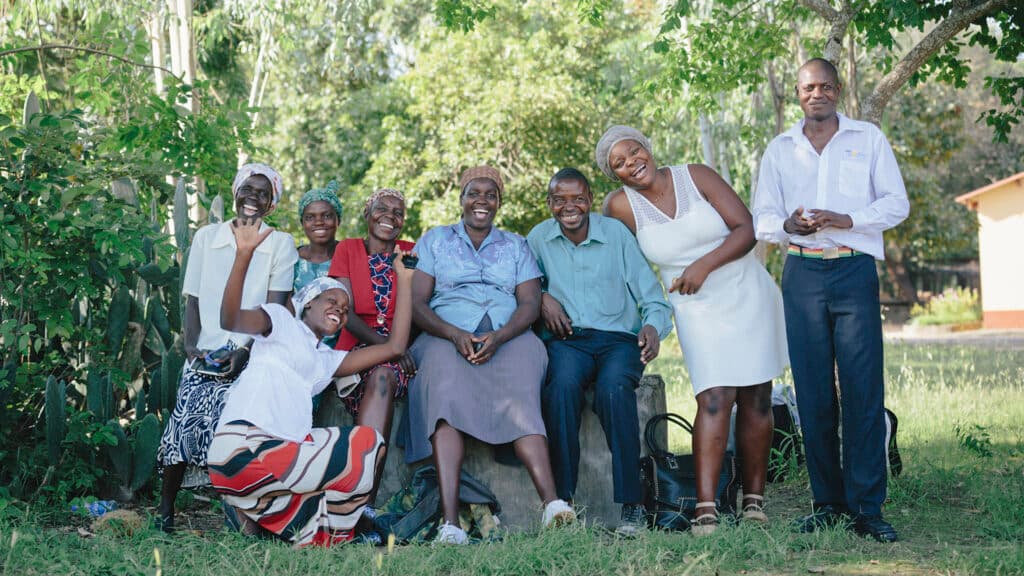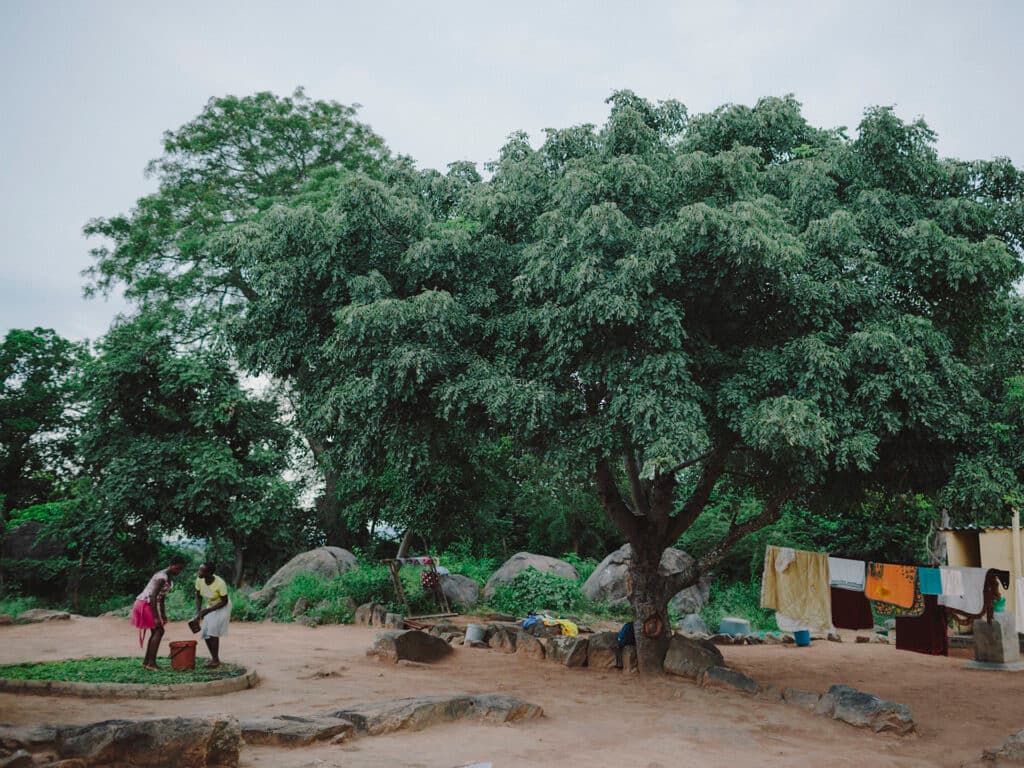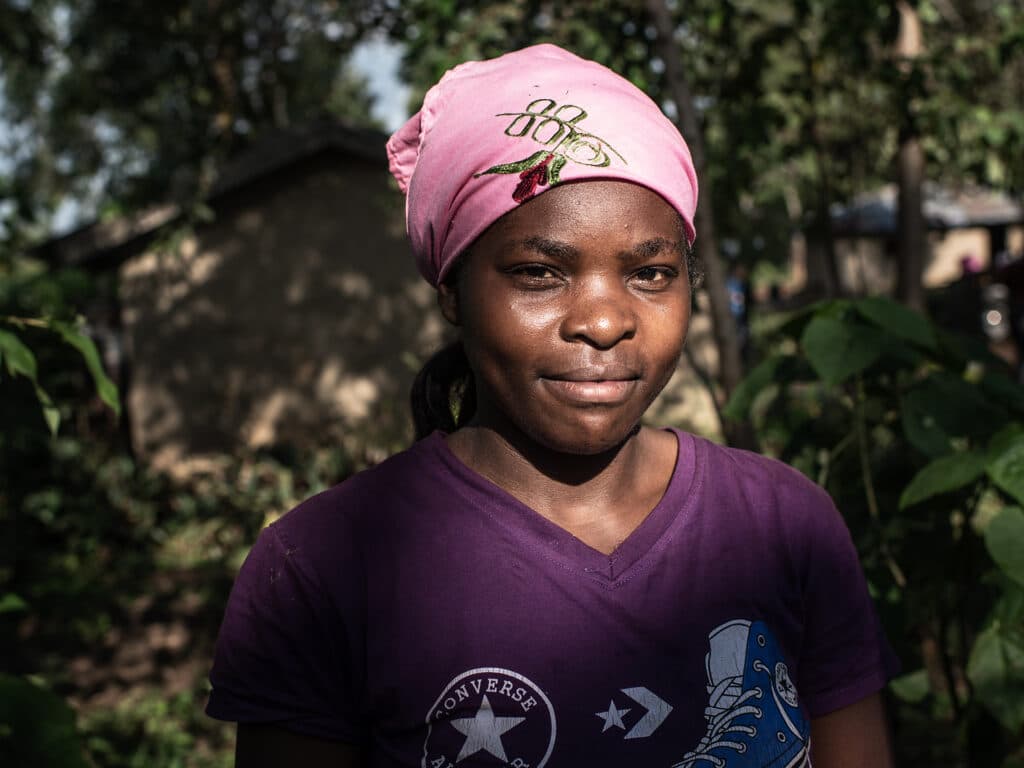
Kenya
In Kenya, Diakonia works with democracy and human rights, social and economic justice and disaster reduction and resilience. Together with our partner organizations, we raise awareness among citizens about their rights and responsibilities, and mobilise people to take action and exert influence regarding common interests.
Kenya has a population of over 40 million that is predominantly young. The unemployment rate is around 40 per cent and about half of the population live below the poverty line. Kenya faces several challenges: a significant income gap between genders and between urban and rural communities, and a need for substantial constitutional and legal reforms. Kenya has a newly developed system of governance and has recently discovered the potential for oil, gas and other natural resources. The extractive industry is set to overtake agriculture as the main source of income for the country.
Working towards fair elections
Bolstering citizens’ participation for greater accountability is an area of significant interest to Diakonia in Kenya. We do this by supporting organizations that raise awareness among citizens about their rights and organize the population around common interests. For example, Diakonia’s partners work with people at grassroots level to strengthen participation in the provision of public services and issues regarding the management of public finances, including advocacy for anti-corruption and working towards peaceful, free and fair elections.
Our work on access to justice focuses on institutions such as the police, the judiciary, the prisons and the Office of the Director of Public Prosecution. Diakonia’s aim is to strengthen police reforms, support counties in establishing county police authorities and pursue an anti-corruption agenda within organizations such as the police. Within the judiciary, our work revolves around policy advocacy for alternative dispute resolution mechanisms, and regarding prisons, we want to follow up on prison reforms and the implementation of bail and bond policy, among other critical policy issues.
Diakonia’s work makes a difference
During 2016, there was an increase in polarisation in Kenyan politics between the government and the opposition, with street protests and demonstrations resulting in injuries, destruction of property and threats to the economy and the peace of the nation. With both the government and the opposition taking hardline positions, the religious leaders became the voice of reason. Diakonia’s work on democracy has always acknowledged the strength of the religious leaders, and this strategy proved to be successful during the 2013 general elections, when they played the role of mediators. So while the country was bleeding from the protests and demonstrations, Diakonia supported the religious leaders in developing a framework that would see the return to dialogue on the divisive issue of the disbandment of the electoral body (which was at the heart of the conflict).
Diakonia helped finance the hiring of consultants to provide support to the religious leaders, and when the framework had eventually been developed, the religious leaders presented their recommendations to the president, Parliament and the opposition leaders. The street demonstrations ceased and a dialogue process was firmly established, with all sides agreeing on a common solution to the challenges facing the Independent Electoral and Boundaries Commission (IEBC). Through this support, the credibility of the religious leaders was affirmed and three of our partners (the National Council of Churches of Kenya, the Inter-Religious Council of Kenya and the Kenya Conference of Catholic Bishops) were requested to provide nominees to sit on the IEBC recruitment panel. The recruitment process for the IEBC commissioners is in progress and it is hoped that this will lead to a peaceful, free and fair general election in 2017.
For more information
Irene Maina, Country Director Kenya
E-mail: irene.maina@diakonia.se
Phone: +254 722 204 235

Farming against cattle rustling
“I am glad I am part of this team,” says, Namwoma. “I used to spend my life in the bush, day and night. Cattle raiding was my life until one day I lost my friends during a raid and decided not to return.”
With the support of Diakonia, Namwoma receives training on sustainable farming. This has changed his life.


